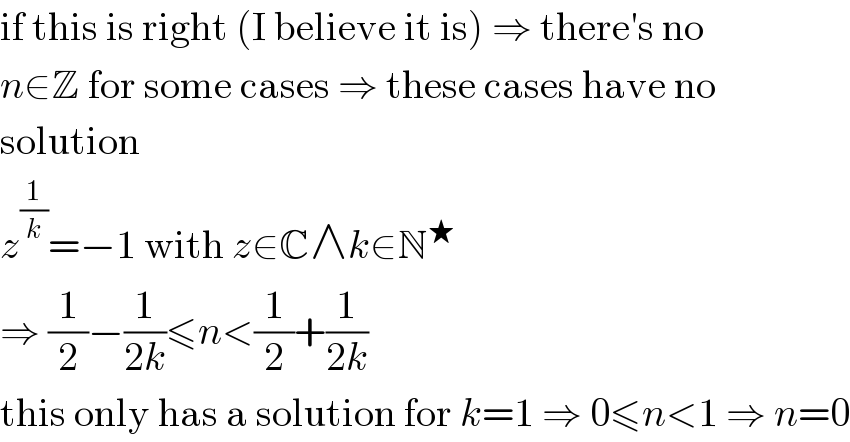
Question and Answers Forum
Question Number 61591 by MJS last updated on 05/Jun/19
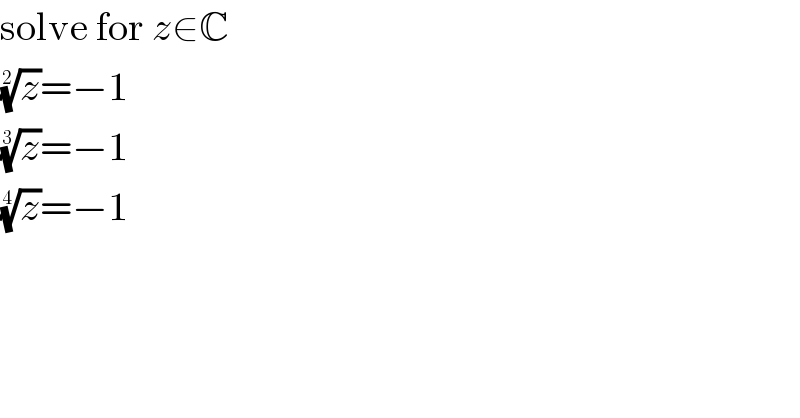
Commented by Smail last updated on 05/Jun/19

Commented by maxmathsup by imad last updated on 05/Jun/19

Commented by Mr X pcx last updated on 05/Jun/19
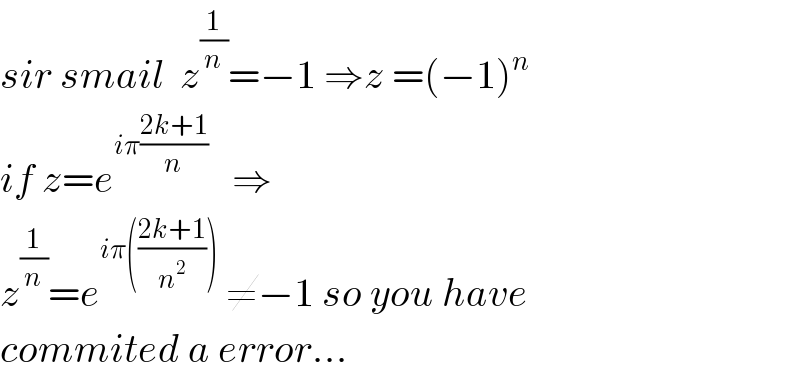
Commented by MJS last updated on 05/Jun/19
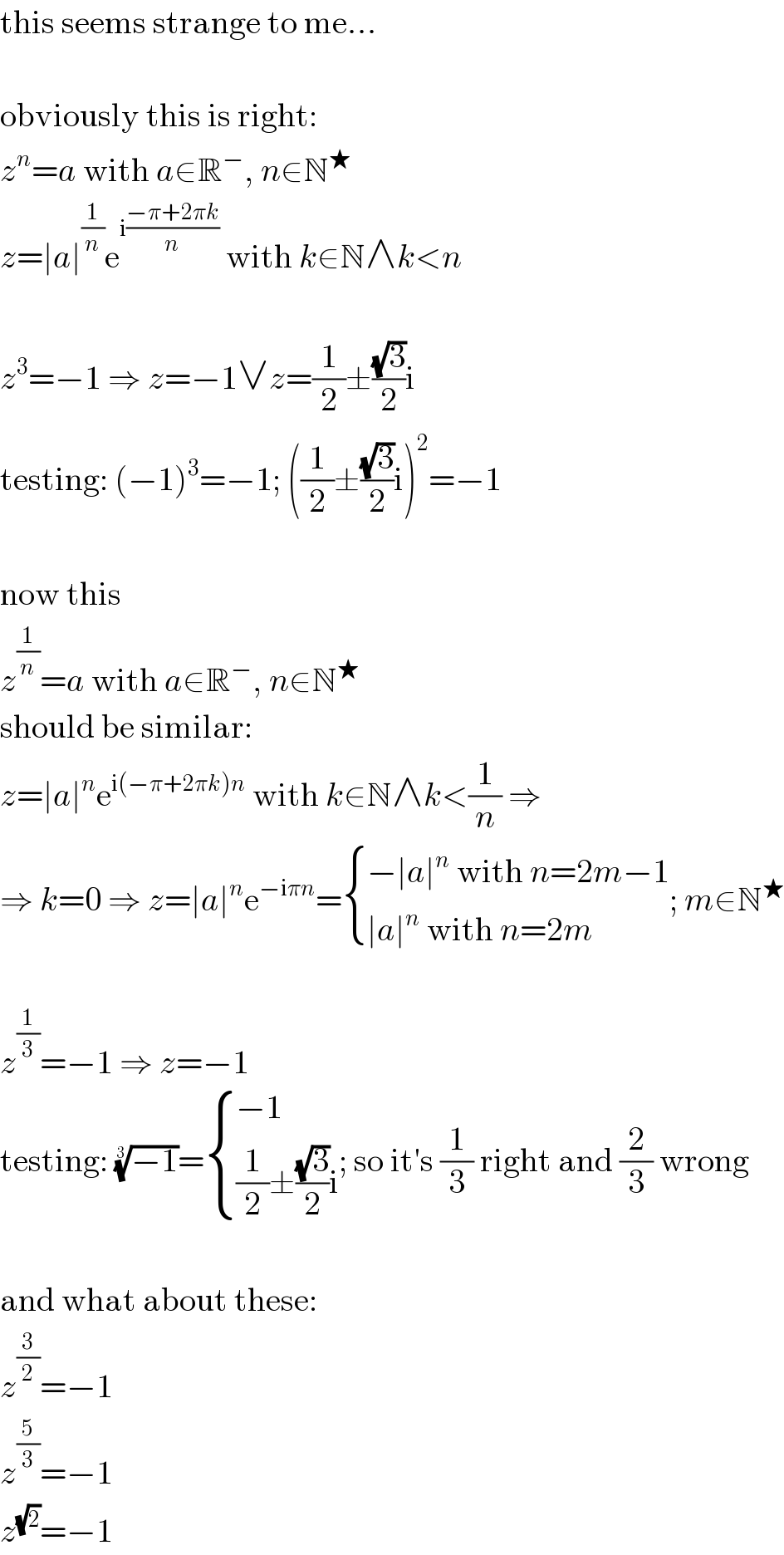
Commented by Mr X pcx last updated on 05/Jun/19
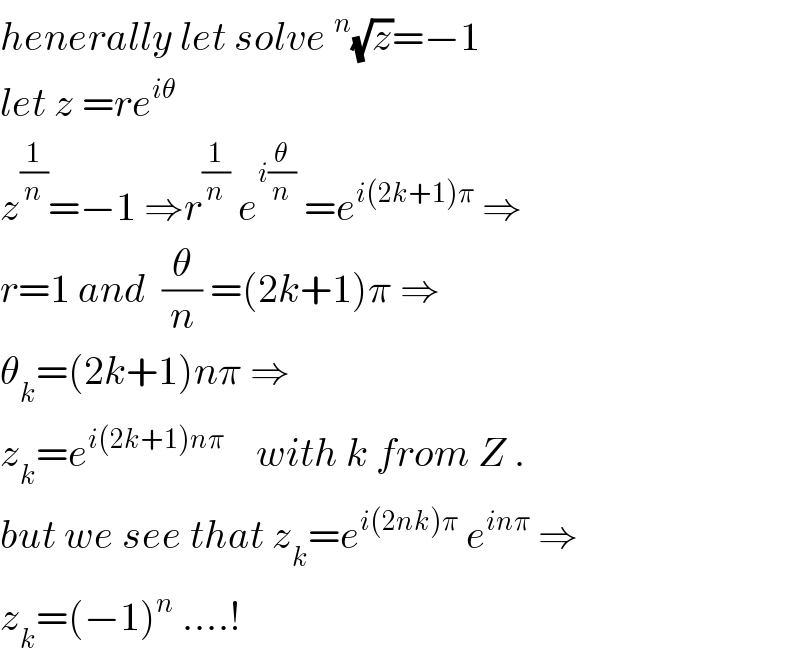
Commented by Mr X pcx last updated on 05/Jun/19

Commented by MJS last updated on 05/Jun/19

Commented by Smail last updated on 05/Jun/19

Answered by MJS last updated on 05/Jun/19

Commented by MJS last updated on 05/Jun/19
